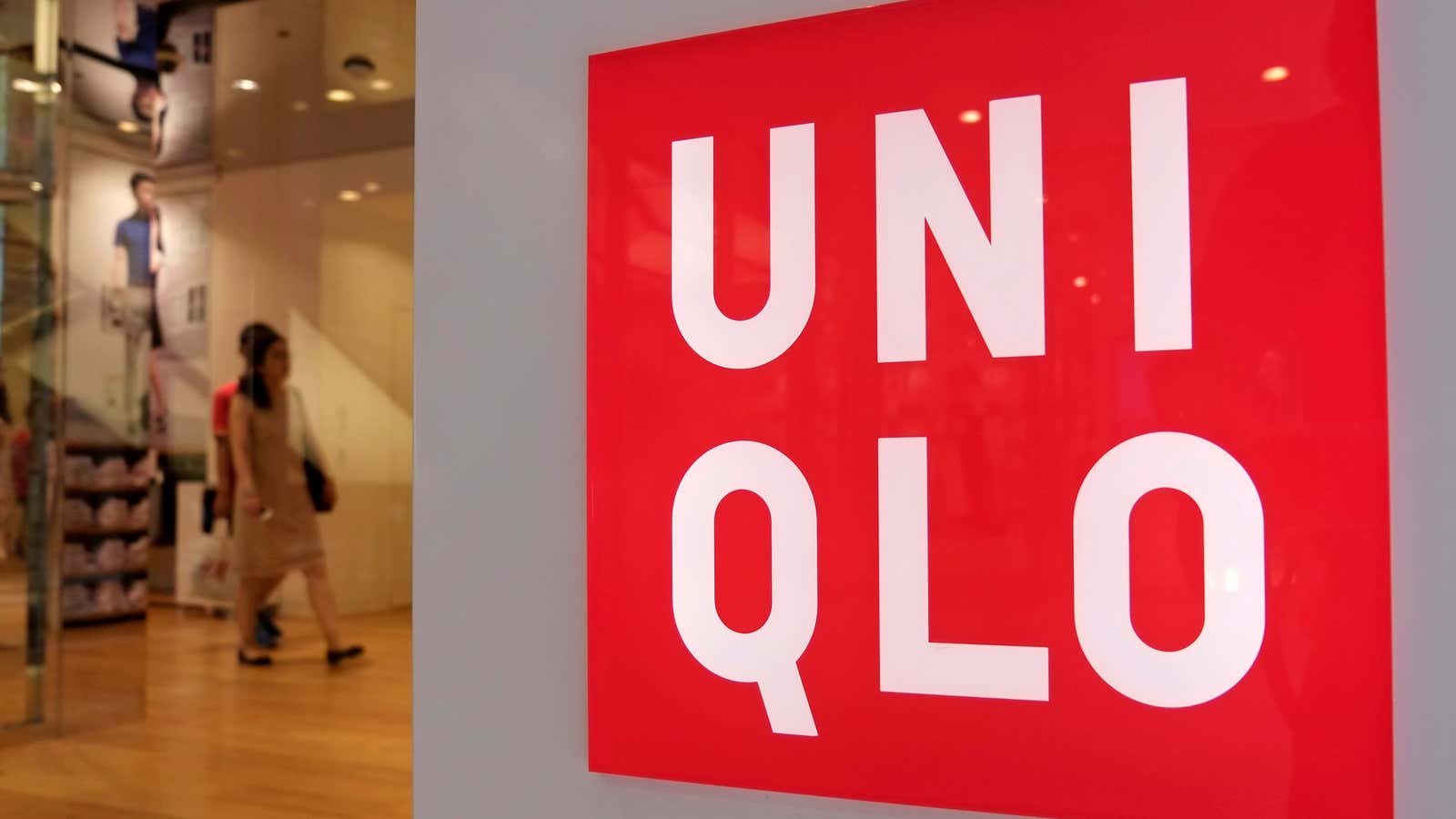The invasion of Ukraine has triggered a mass exodus of multinationals from Russia across nearly every sector. Americans say they are happy to swallow gas price hikes to support Ukrainians and others are finding ways to do their part of consumer activism to protest Putin’s military aggression.
But for many companies, it’s not that simple to withdraw. While the decision for luxury good companies and fast-food restaurants to halt their operations was less fraught, food producers and makers of other daily necessities are holding off.
Corporations are mindful of the hardship it would place on ordinary Russians. The ruble is now worth less than a penny and sanctions are squeezing the Russian middle class. Russians in the tens of thousands have also protested the war, despite the risk of retaliation from their own government.
Consumer group giants like Unilever, Procter and Gamble, and Nestle have taken measured approaches, halting investments in the country or ceasing import and exports, but continue to keep their goods on shelves.
Uniqlo’s sudden reversal
Companies that do not halt their business wholesale with Russia have faced backlash from critics accusing them of profiting from an aggressor nation. As of March 10, these companies still remained in the country.
Fast Retailing, the Japanese owner of Uniqlo, had said earlier this week it would keep on selling its affordable clothing in Russia. “Clothing is a necessity of life,” founder Tadashi Yanai told Nikkei at the time. “The people of Russia have the same right to live as we do.” But the company did an abrupt about face just a few days later, on March 10, joining other fast fashion firms H&M and Inditex in ceasing business there.
Yanai had also condemned the war, committing a $10 million donation to the UN agency for refugees and a shipment of 200,000 items of clothing and blankets to Ukrainian refugees.
For many, pulling out of Russia is largely symbolic
Ethical considerations aside, with tightening government sanctions, air space and logistics disrupted, it’s not that feasible for companies to do in the region. Nike cited the difficulty of getting goods to Russia in its pull out, as did Fast Retailing. “We have recently faced a number of difficulties, including operational challenges and the worsening of the conflict situation,” the Japanese retailer said in a statement.
While Russia overindexes in the oil and gas industry, it only contributes a very small portion of sales at many consumer brands, including at the main luxury groups. For brands like Levi’s, McDonalds, or Starbucks, icons of western capitalist culture, withdrawing from the market is more of a symbolic move than anything.
“In these early days, brands are trying to find the right way to condemn the decision of a government to trigger a war, without hitting at a population that has a large share people not supportive at all of this war decision,” Mario Ortelli, founder of advisory firm Ortelli & Co said.
